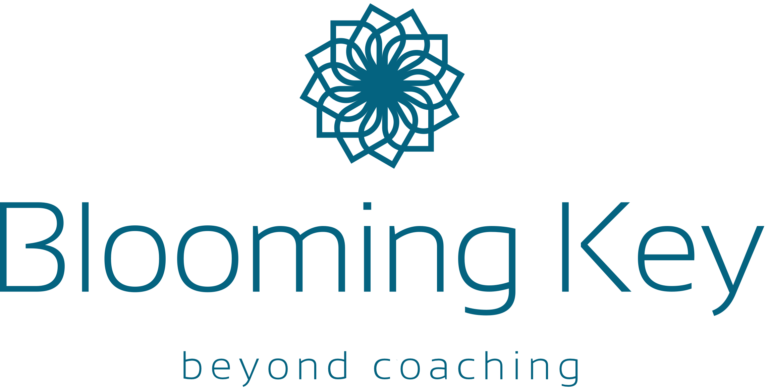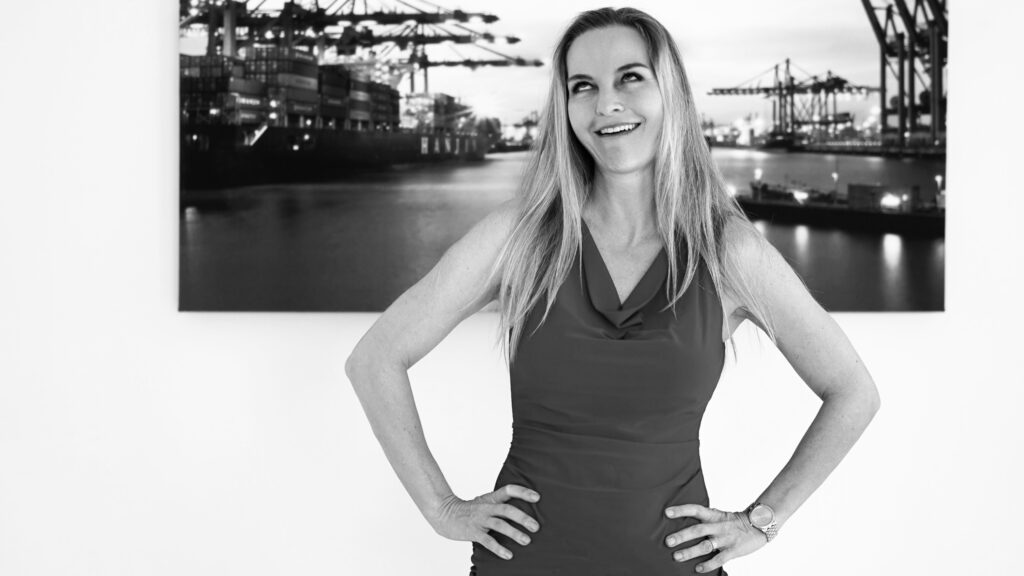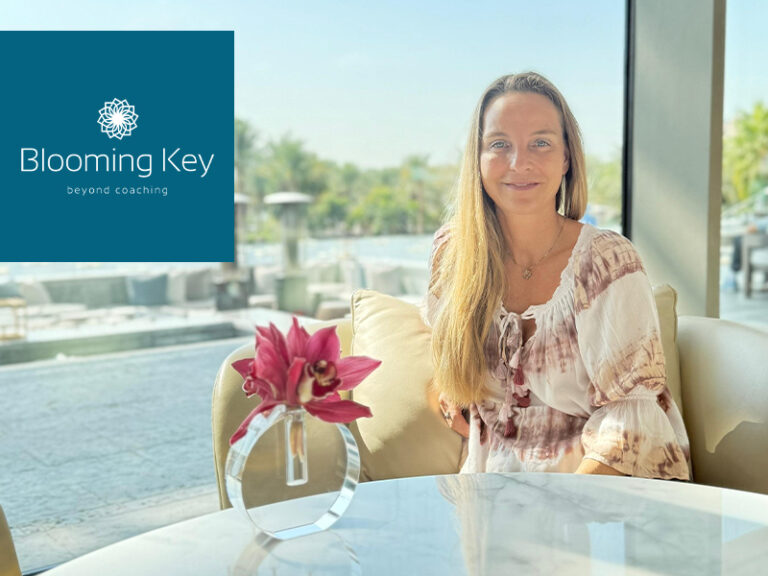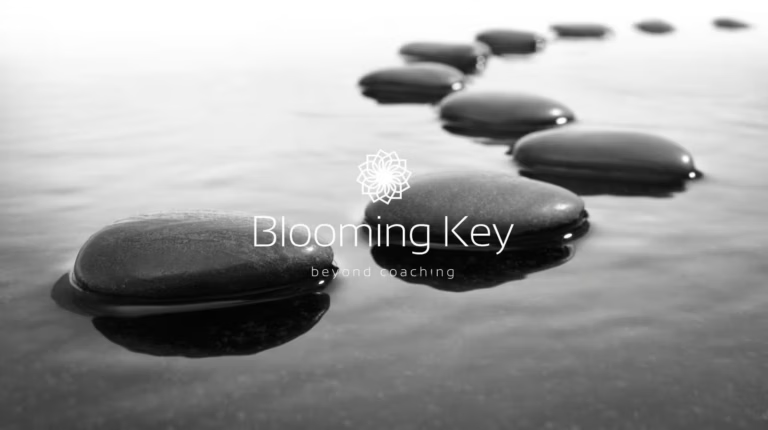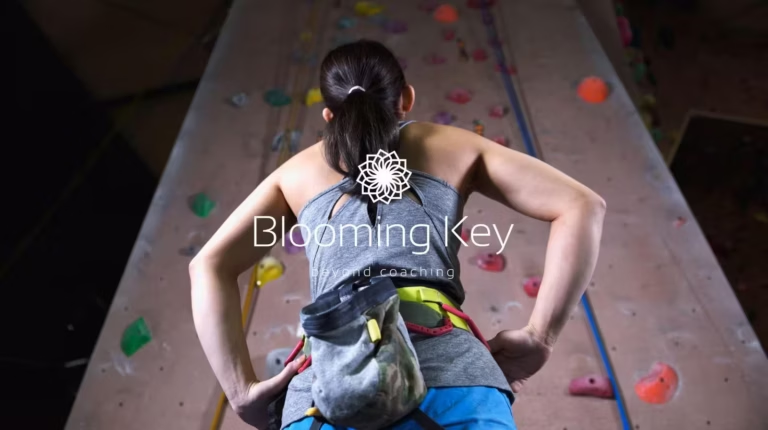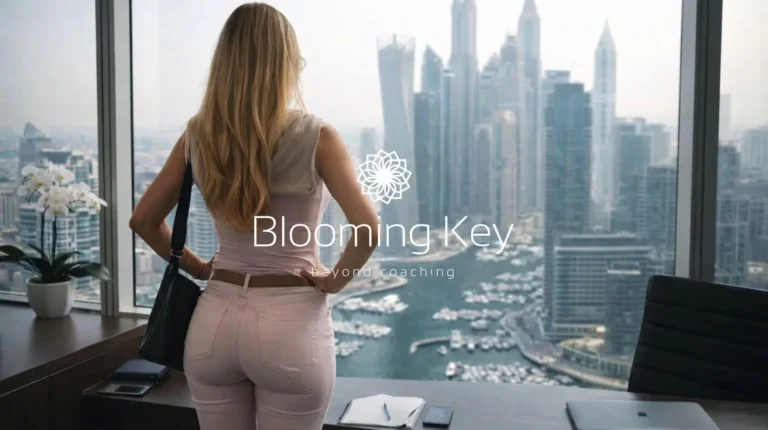Have you ever wondered why a person misunderstood what you were saying, or why someone did not quite react the way you expected? Sometimes we can misread certain cues while communicating with people. This has a lot to do with the way we communicate and more specifically, how we follow the communication process. We all know that communication is about giving and taking, so it is important to take a look at what messages you send when you interact with others.
We all know that relationships are built on trust and honesty, to create a healthy environment. However, non-verbal cues seem to be an oft-ignored part of maintaining these relationships. You need to build strong non-verbal communication skills, to boost your personal and professional life.
The first step towards understanding communication is to grasp the concept of two types of communication, namely, verbal and non-verbal. These simply mean that we communicate through spoken sounds, as well as in a visual and non-audible way too. Taking a look at these types of non-verbal communication will help you to improve your style and make changes.
So here’s what we mean by “non-verbal communication”.
Non-verbal communication most often includes the use of body language, eye contact, facial expressions, gestures and voice tone. On the other hand, verbal communication refers to text, signs or speech when expressing yourself.
However, non-verbal communication tells a lot about your style of interacting with others. Once you have learned how to use these non-verbal cues, you will be able to improve your skills dramatically and use them to communicate effectively.
The different types of non-verbal communication are:
Body language:
Your body language helps people to understand your message clearly and quickly.
Facial expressions:
Your facial expressions are probably the biggest indicators of your feelings. Expressions are commonly used and even at times when we are not aware. Your eyes, mouth, eyebrows and facial muscles play a powerful role in conveying your emotions and feelings during communication.
Touch:
Touch is a non-verbal cue used in situations to ensure support and comfort those close to you.
Tone:
The tone of your voice is crucial to understanding the context of your message.
Now that we have taken a look at the types of non-verbal communication, let us see why they are important to us.
Why is non-verbal communication so important in our relationships?
1. Better expressions
Different ways of communicating non-verbally, help you to express yourself better. Various non-verbal cues, such as gestures and facial expressions, play an important role in conveying your feelings. They also help others to understand the meaning of your words. These types of cues usually work better, when you are engaging in a face-to-face conversation. People will be able to understand your attitude while conversing with you.
Non-verbal communication also allows for the expression of the attitude of both the receiver and the listener. At times, we can tell the attitude, feelings and thoughts that people have about a message they have heard through the look on their faces.
2. Builds closeness
Non-verbal cues of communication can help bring people closer to each other. It conveys all sorts of information ranging from what they are experiencing, to the strength of their feelings. Feelings of reassurance can be created through simple gestures like a smile, a touch or using a softer tone in voice, these can bring people closer to each other.
3. Increases understanding
Using non-verbal communication can enhance the message that you are trying to send to the other person. When a person sees other people’s non-verbal cues, they can understand what the person is going through. This allows people to build empathy for others’ experiences. It leads to a greater understanding of others. Non-verbal cues are not usually easy to fake, which makes them all the more effective in understanding other people. All we need is to pay more attention to them.
4. Help create relationships
Non-verbal cues are primarily responsible for a relationship to begin in the first place and it is equally important to remember them to maintain these same relationships. We are constantly checking and sending these cues whether we realize it or not. At the beginning of a relationship, we usually observe non-verbal cues, but it is important to remain consistent to create a healthy environment later on too.
If you have struggled to understand others, or if you feel a lack in your communication with others, it is important to take a step back and think about how to better yourself while interacting with family, friends and work associates. To build confidence in your communication abilities, it is essential to remember that the goal is to create a healthy environment for yourself and those with whom you share personal relationships.
